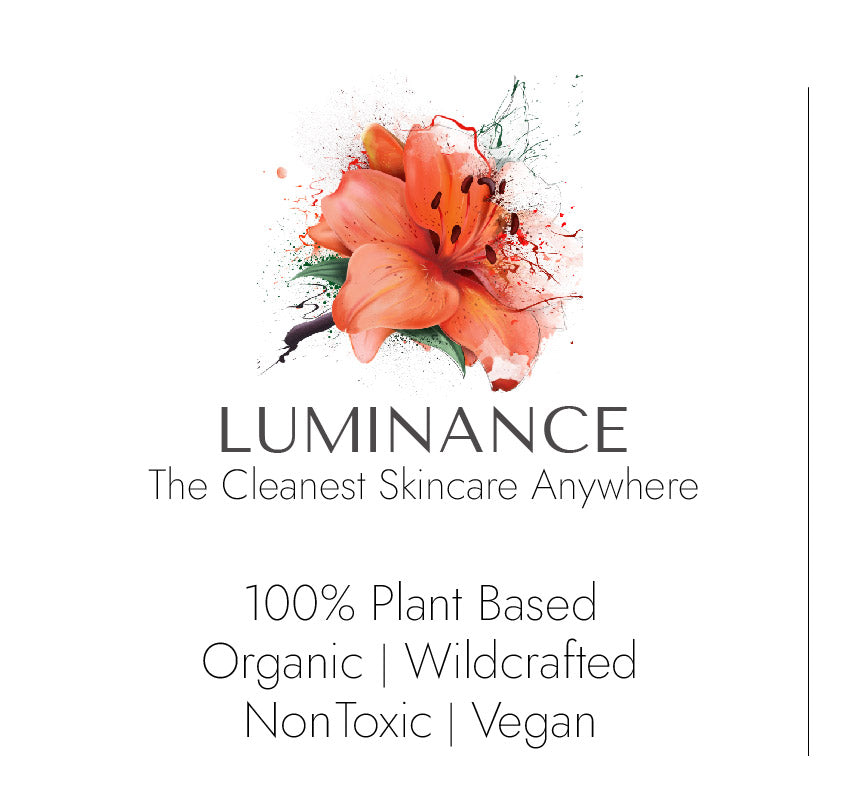Serum Keeps The Deeper Layers Of Your Skin Hydrated And Nourished.
Serums have a small molecule size and are able to penetrate past the stratum corneum. This means that the product is penetrating past the “glue wall” of dead cells and delivering your skin much-needed hydration and nutrients.
So, it is certain that your skin can and will benefit from the use of a serum as a component of your daily skincare routine.
Now, let's dig a little bit deeper.
Currently, there's a lot of confusion about the difference between serums and moisturizers and a skewed consensus that you can replace one with the other. Due to their different properties, it is not possible to use them interchangeably. Let’s dive into exactly what a serum is and how it protects your skin almost from the inside out.
To further understand how to keep your skin healthy, let's look at its anatomy. Your skin is made up of three major layers: the Hypodermis, the Dermis, and the Epidermis.
Just an aside, your skin is not only your largest organ but also, in my opinion, one of the most beautifully complex. It is our interface to the world. It senses the environment and dynamically adapts itself to protect the inside from what's happening on the outside. Be nice to your skin. Treat it gently.

- The Hypodermis, otherwise known as the subcutaneous layer, is a connective tissue lying just above the deep fascia that functions to insulate the body and store fat. The hypodermis connects your skin to your bones and muscles. This creates a protective cushion to help protect the body from trauma, though as we age this layer naturally decreases in size.
- The Dermis, the middle layer of your skin, is another connective tissue that serves many important functions, one of which is collagen production. Collagen synthesis occurs in the cells of fibroblasts, the active cells of connective tissue, which are found in the dermis. The dermis also helps you feel sensations, produces sweat, and supports the epidermis.
- The Epidermis is the most superficial layer of your skin that acts as a protective outer layer, preventing threats from entering your skin. The epidermis has five layers: stratum basale, stratum spinosum, stratum granulosum, stratum lucidum, and the stratum corneum. The stratum corneum is the outermost part of the epidermis and the part that our skincare reaches. The stratum corneum has anywhere from 15-30 layers in itself, consisting of dead keratinocytes acting as a first line of defense against threats.
Serums absorb quickly, and usually without a trace. A serum will usually provide a specific benefit or perform a specific function, though it is not always limited to one function. These benefits and functions include hydrating, firming, brightening, managing acne, combatting free radicals (antioxidants), and anti-aging (think collagen-producing ingredients such as peptides). Serums can also improve textural imperfections in the skin and even out skin tone.
Not all serums are the same. Based on the type of skin you have and taking into consideration any concerns that you wish to address, there are some factors that you want to consider when selecting a facial serum that will work best for your skin.
Serums By Skin Type:
- Oily/ Acne-Prone Skin: oilier and blemish-prone skin types do well with lighter moisturizers. A moisturizer with higher water content or a gel-like consistency that does not further contribute to congestion in the pores is ideal. Clarifying ingredients like tea tree or willow bark are wonderful choices. Anti-inflammatory ingredients such as niacinamide, cucumber, and chamomile are also great. Addressing inflammation first and foremost is the key to keeping blemishes at bay.
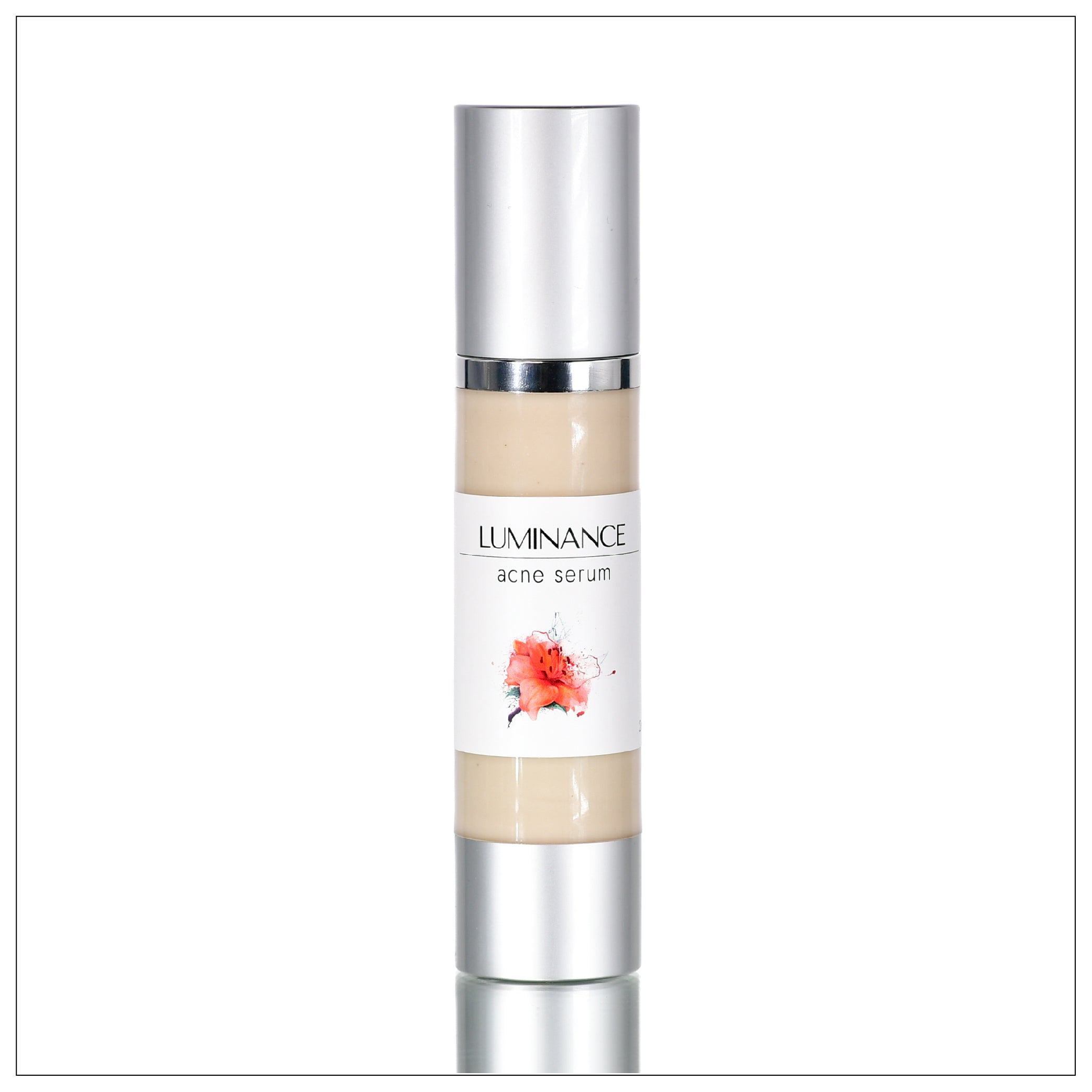
- Combination Skin: combination skin is a condition where your skin overproduces oil in some areas (your t-zone, usually), and is dry (lacking oil) in other areas of the face. This condition can fluctuate with hormones, climate, and diet. Formulas that contain more water, help regulate oil production, and help clarify the pores are a good choice for combination skin. Depending on how dry the remainder of your facial skin is, you may have to add a richer moisturizer more suited for dry skin to the rest of your face. Usually, a formula that has a balance of water and oil will suffice.
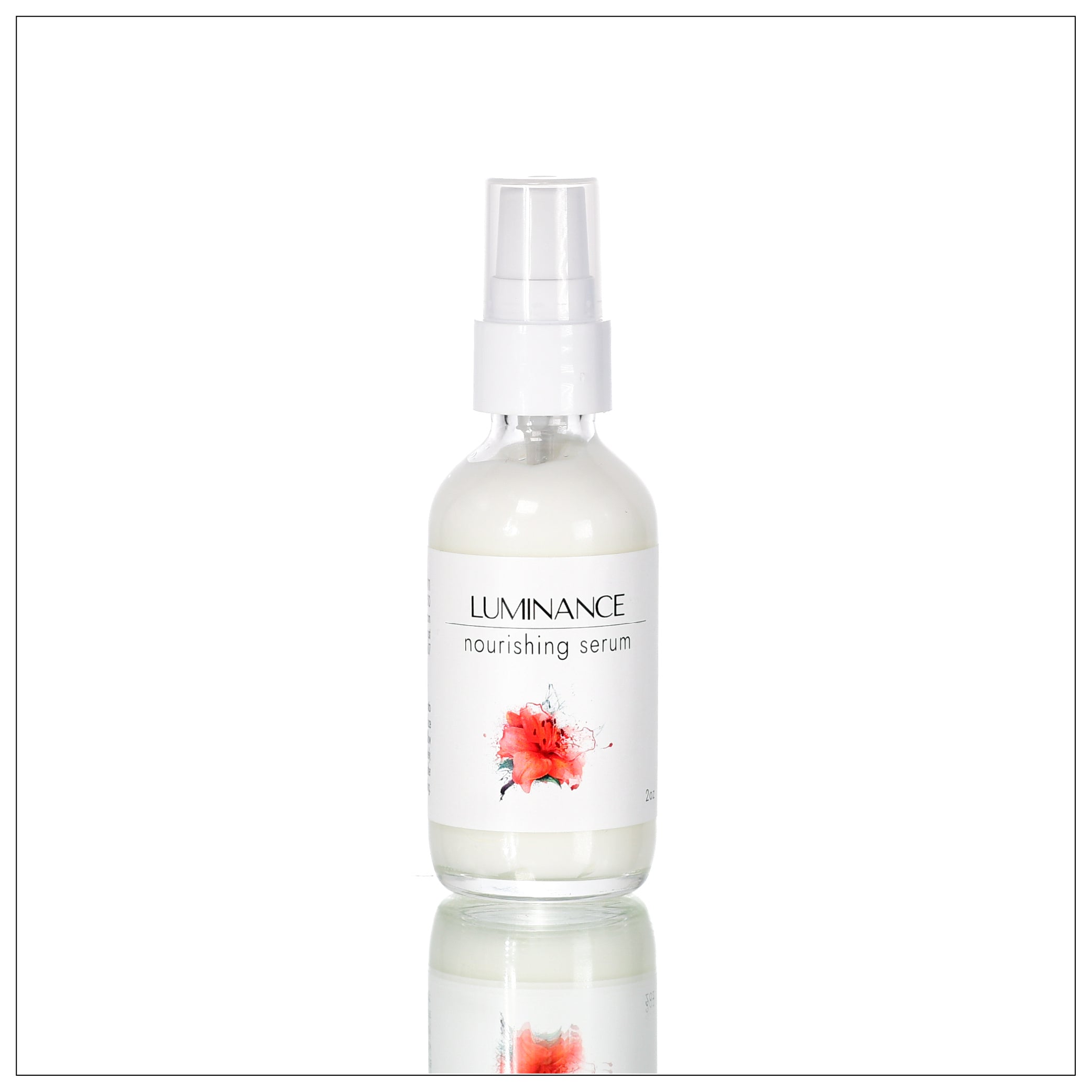
- Dry Skin: Dry skin is a condition in which your skin does not produce enough oil to lubricate itself. Because of this, you need to supplement oils through your skincare. Formulas with non-comedogenic oils and emollients, meaning humectants and occlusives, are the best ingredient options for dry skin. Using an occlusive, such as a ceramide, creates a protective seal over your skin to help lock in hydration. Dry skin is always lacking oil, but because dry skin usually results in an impacted barrier, dry skin tends to be dehydrated and desperately needs water too. Humectants help draw much-needed water to the skin, and oils in your moisturizer provide the richer nourishment that dry skin lacks.

- Aging Skin: technically all skin is aging, but in our mid-twenties is when we need to consider supplementing certain ingredients into our skincare to help protect it. Aging skin needs vitamins, firming ingredients, and ingredients that encourage collagen production. As we age, our skin produces less and less collagen to keep its supple appearance, and elasticity weakens over time. This is when the signs of aging begin to appear. Universally, peptides are a great way to encourage your skin to produce more collagen. There are many different strands of amino chains that create a peptide bond, and peptides are beneficial to all skin types.
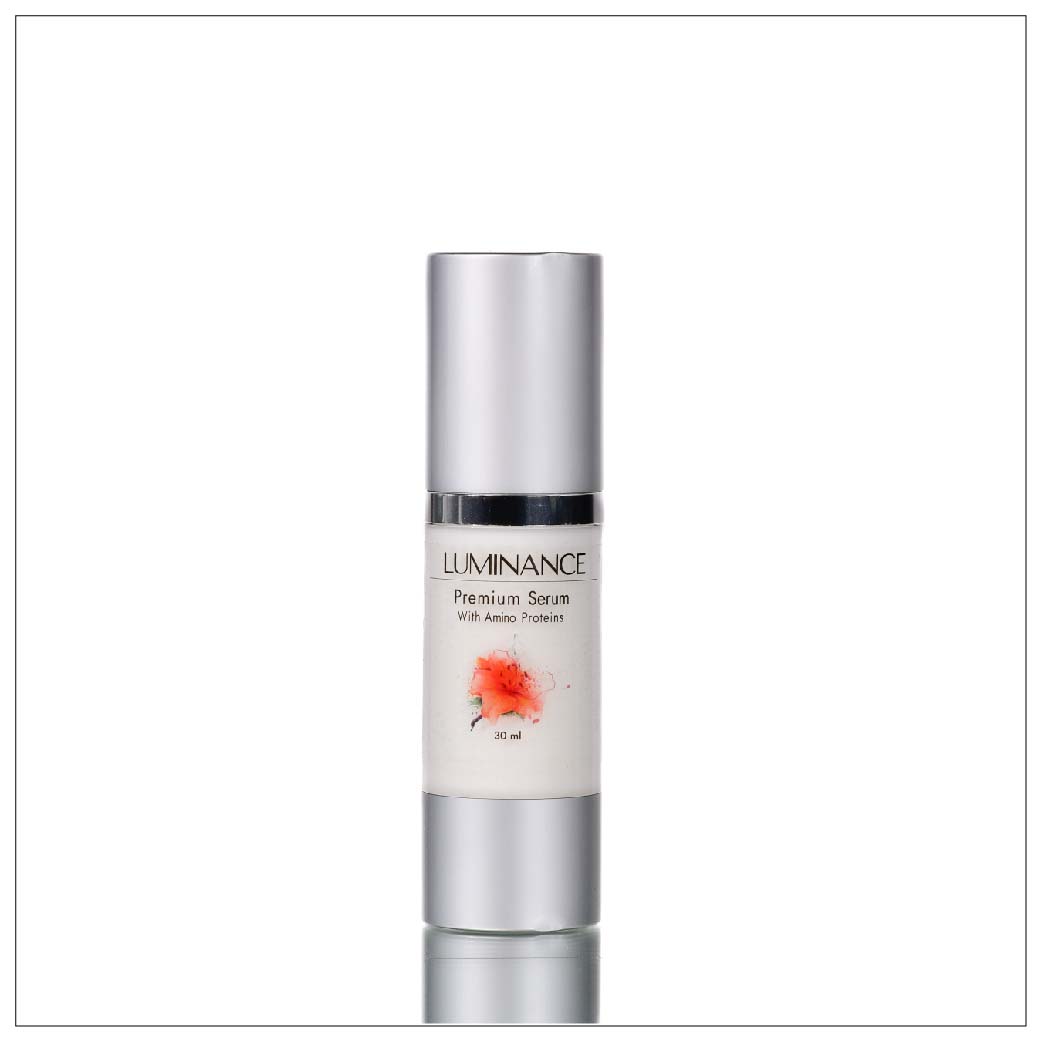
- Uneven Skin Tone: Uneven skin tone can have one cause or a combination of causes ranging from sun exposure, environmental pollution, hormones or even the result of acne lesions or various skin injuries. The dermatologist can help with laser treatments or even prescription drugs. As an ongoing precaution make sure you wear sunscreen whenever in the sun. Over time, exfoliation can help, but it's critical that you use gentle enzyme exfoliants so you do not do more damage to your already sensitive skin. Then there are serums formulated with specific oil blends that can over time even your skin tone. The serum approach is not immediate, but it is highly effective over time.
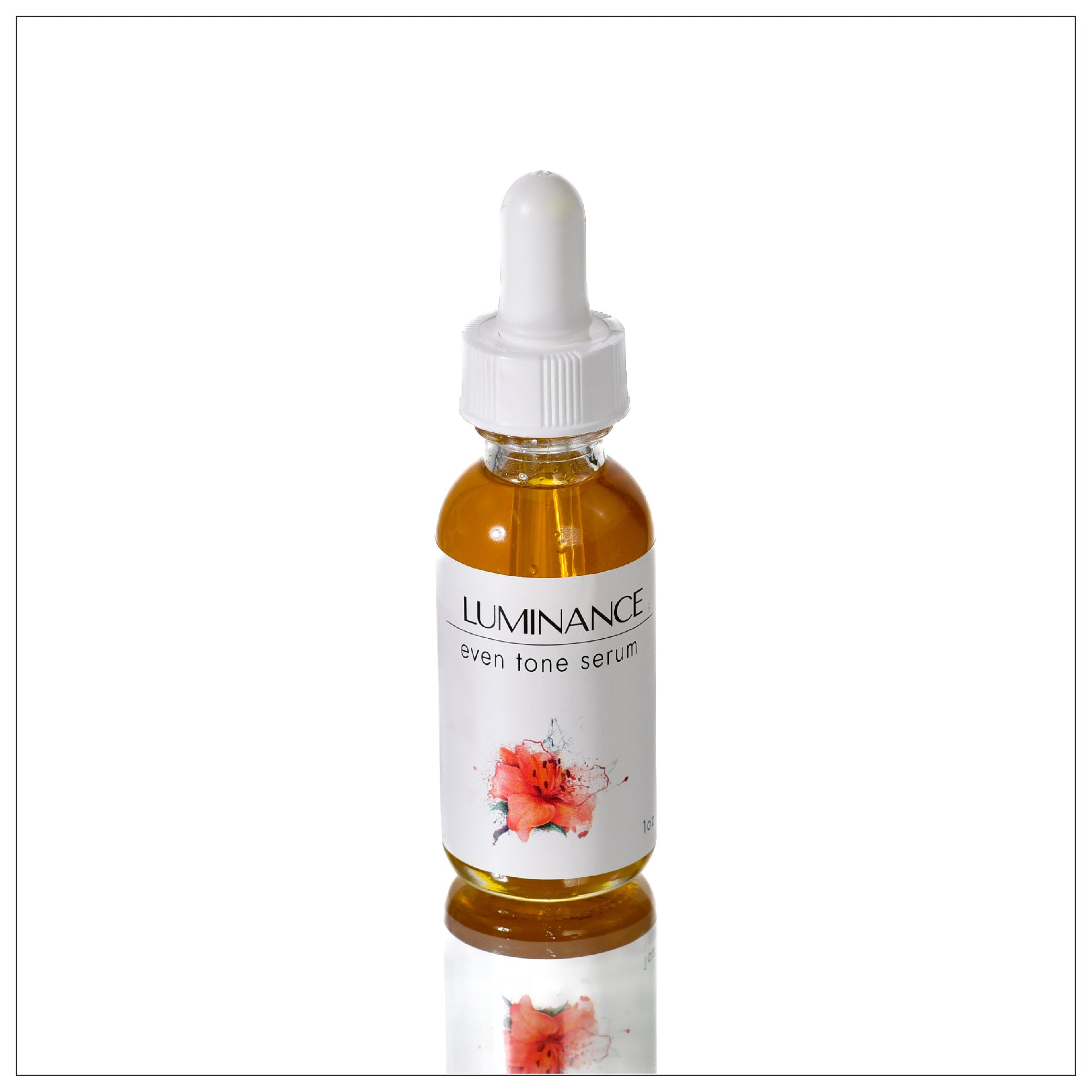
One Last Suggestion About Serums And Exfoliation
Periodic Exfoliation: Your serums will perform better if you exfoliate weekly with a gentle Enzyme Exfoliant Mask, which will work to prevent a built-up dead skin cells. With these cells routinely removed, your serums will absorb exactly as they are meant to, deeply into your skin. Just don't overdo it and make sure you use non-abrasive and non-acidic exfoliants. Typically, an enzyme exfoliation once a month is sufficient.
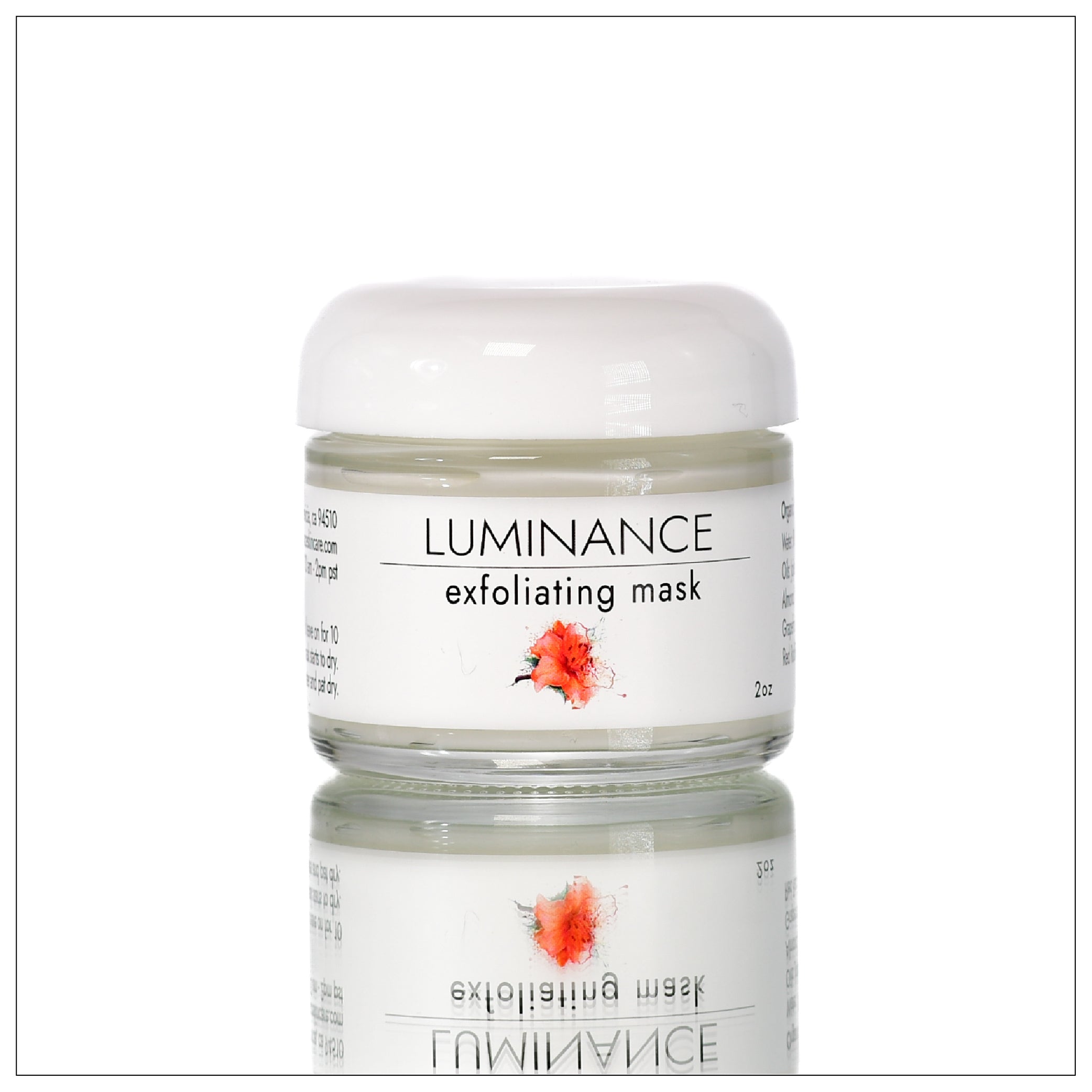
We hope this helps and as we are always saying, be kind and gentle with your skin. Give it what it needs, and it will reward you with a healthful and glowing complexion.
Additional Sources:
Stratum Corneum: Top Layer of Skin Anatomy and Function (healthline.com)
Skin Layers: Structure, Function, Anatomy, and More (verywellhealth.com)


